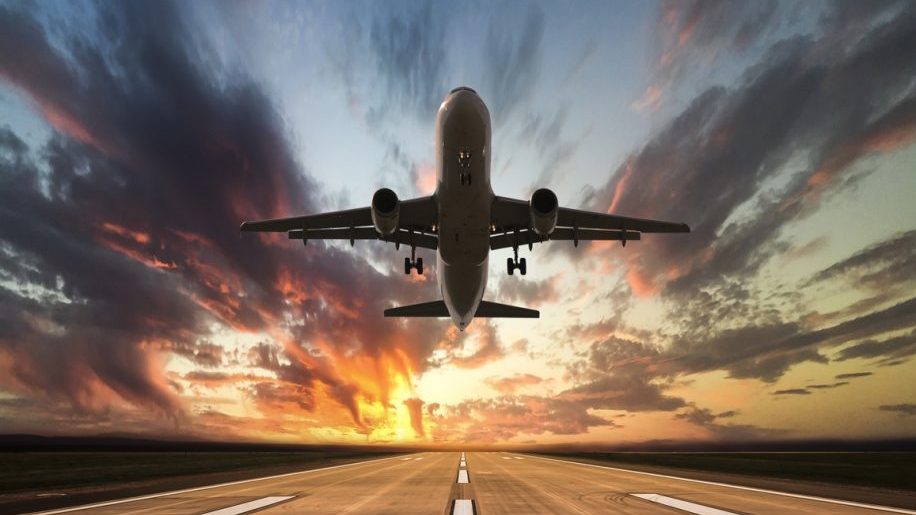
The Chancellor Jeremy Hunt has announced new increases to the rate of Air Passenger Duty paid by those travelling in premium cabins.
Premium economy, business and first class passengers currently pay between £13 (for domestic flights within the UK) and £200 (for the longest flights over 5,500 miles departing the UK).
It had already been announced that this range will increase to between £14 and £202 from 1 April, 2024.
But in the Spring Budget Hunt confirmed that “The government is making a one-off adjustment to rates of Air Passenger Duty (APD) on non-economy passengers to account for high inflation in recent years and help to maintain the value of APD in real terms”.
This adjustment will come into effect from 1 April, 2025. The rate for premium cabins on domestic flights will remain at the 1 April, 2024 level of £14, but Band A flights (those up to 2,000 miles in length) will rise from £26 to £28.
Band B flights (those between 2,001 and 5,500 miles in length) will see non-economy APD rates rise from £194 to £216, while Band C rates (for flights over 5,500 miles in length) will rise by £22, from the £202 payable from 1 April, 2024, to £224 as of 1 April, 2025.
The rates for economy passengers will remain broadly the same as those set for 1 April, 2024 (between £7 and £92), although there will be a smaller increase for longer flights from 1 April, 2025, with Band B and C rates both going up by £2.
Hunt said that 70 per cent of travellers would benefit from frozen rates.
Commenting on the increases Karen Dee, chief executive of the Airport Operators Association, said:
“It is disappointing to see the Chancellor increase Air Passenger Duty for business travellers, especially when data show this group is still to recover to 2019 levels.
“It is difficult to see how this squares with the government’s previous commitment not to increase aviation taxes.
“Business travellers are responsible for increasing foreign investment in the UK, for opening new markets for our goods and services, and creating jobs across the country.
“We should be encouraging them to come to the UK, making it easier for them to invest here, not putting yet more barriers in their way.”











